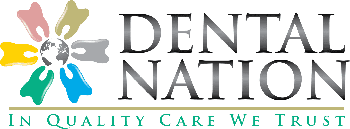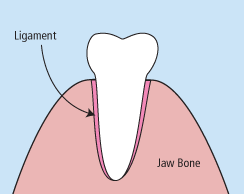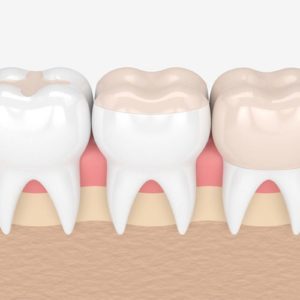Emergency Dentistry Las Vegas, NV | Dental Nation
Reliable Emergency Dental Care in Las Vegas, NV

If you experience a dental emergency in Las Vegas, be sure to call our emergency dentist Las Vegas practice as soon as possible. If you need immediate attention after hours, call our emergency phone number, and our on-call staff member will help you. If you are unable to reach our office during an emergency, dial 911.
We are here to help you, any time, any day. When your dental health is at risk, we will do everything we can to make sure that you’re treated as soon as possible. While dental emergencies are rare, they can happen, and it’s important to know how to take care of your teeth no matter what. Common dental emergencies include:
- Broken or cracked tooth/teeth
- Broken jaw
- Permanent tooth knocked out
- Object caught between teeth
- Severe toothache


